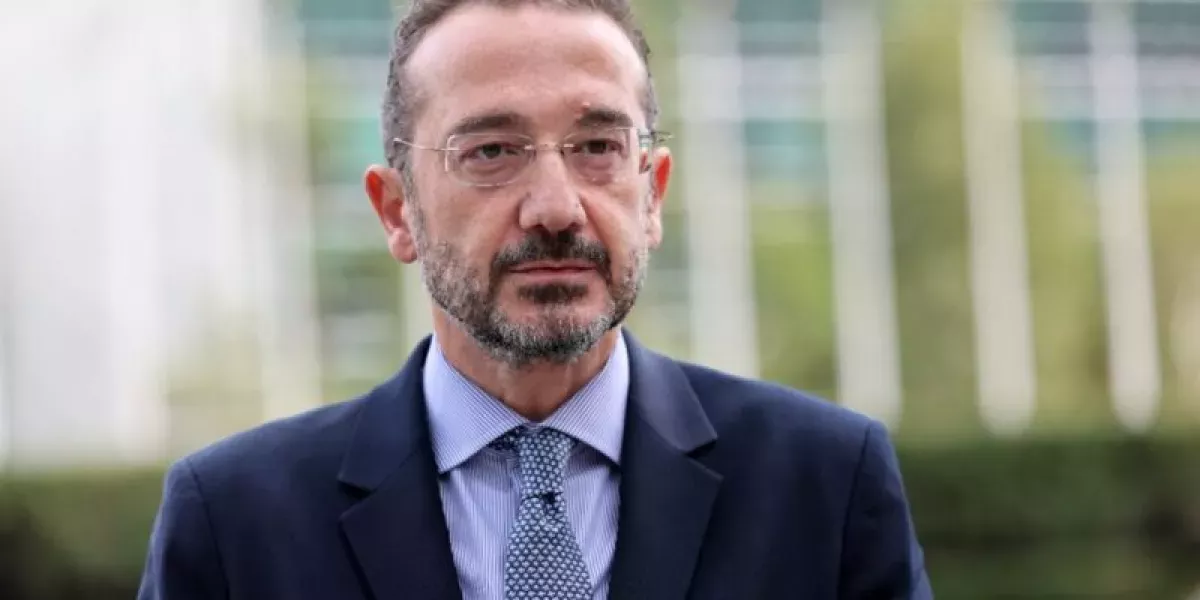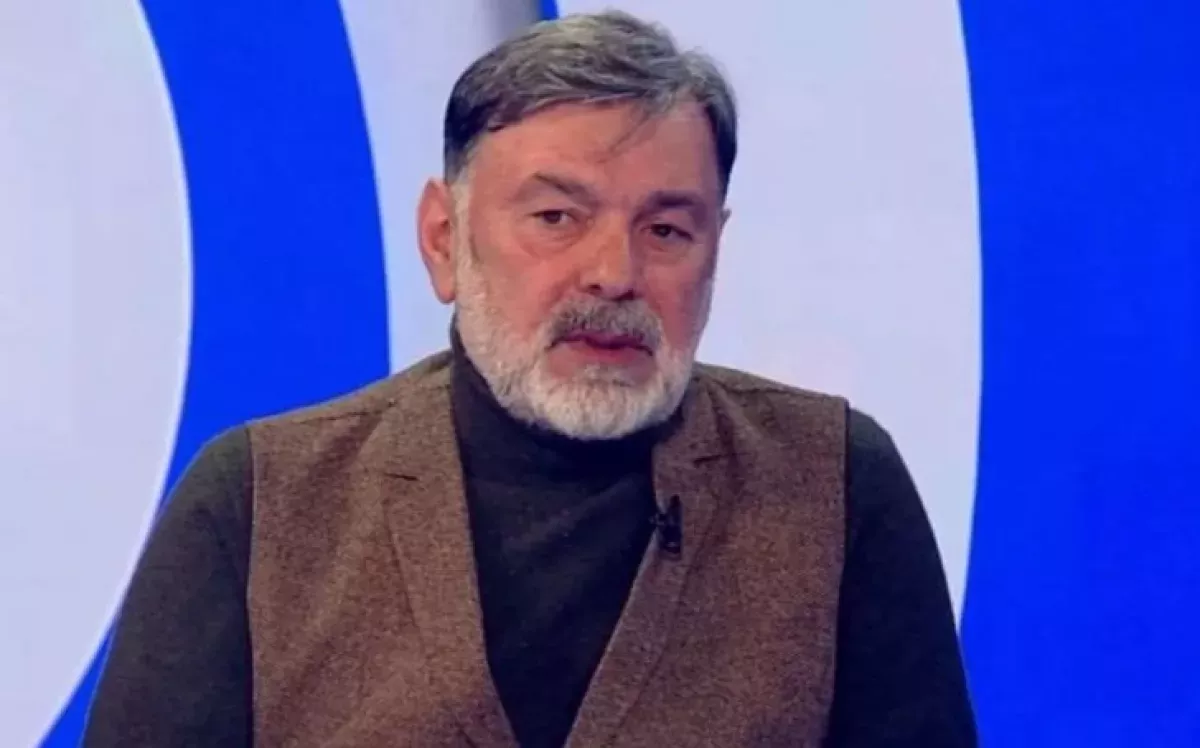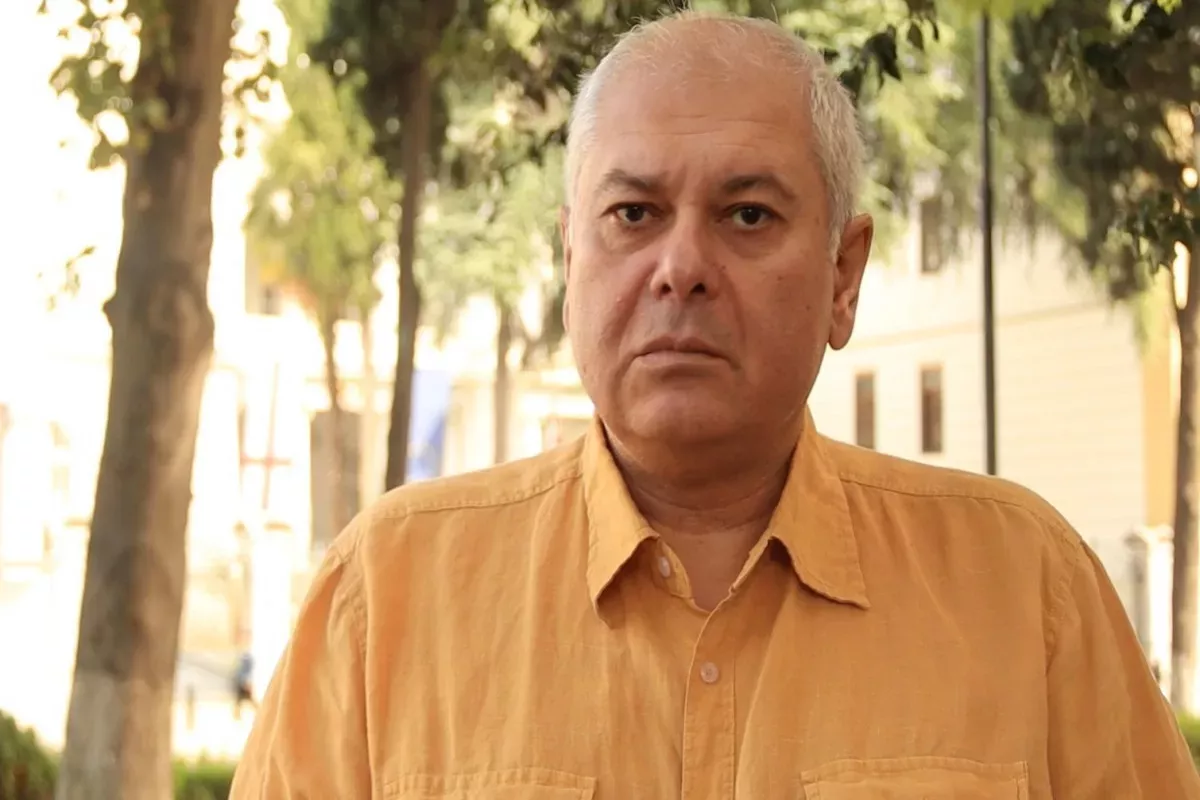Visa-free travel in exchange for power? Georgian experts warn of opposition’s dangerous game
Georgia’s Permanent Representative to the United Nations, David Bakradze, has stated that members of the United National Movement party held meetings in the European Parliament over the course of several months with the aim of obstructing Georgia’s visa-free regime with the EU.

Speaking at a recent session of Georgia’s temporary parliamentary investigative commission, he noted that the confrontation between the opposition and the authorities has, to some extent, evolved into opposition to the interests of the state itself.
According to David Bakradze, members of the United National Movement engaged with EU institutions, effectively lobbying for the EU to deny Georgia visa-free travel. This stance puzzled many European politicians and experts, as it contradicted the opposition’s declared pro-European rhetoric. Bakradze stressed that the struggle for power has gone beyond the bounds of political rivalry and has become a threat to the interests of the state and its citizens.
According to Bakradze, the initiative to delay the granting of a visa-free regime came from the European People’s Party (EPP), a partner of the United National Movement. Bakradze recalled that EPP President Joseph Daul had previously visited former high-ranking Georgian officials—Gigi Ugulava, Vano Merabishvili, and Bacho Akhalaia—in prison.
Georgia was granted EU candidate status on December 14, 2023. However, amid growing tensions between Tbilisi and Brussels, visa-free access for holders of diplomatic passports has already been suspended. Moreover, according to some reports, the EU may also consider suspending visa-free travel for Georgian citizens as a whole.
These revelations expose new compromising facts about the opposition. Was the opposition really willing to sacrifice Georgia’s prospects for visa-free travel in exchange for a return to power? How should these developments be assessed?
Prominent Georgian experts shared their views on the situation exclusively with Caliber.Az.

Bidzina Giorgobiani, founder of the United Neutral Georgia movement and political analyst, stated that Georgia’s UN envoy’s remarks came as no surprise to him. According to Giorgobiani, it was precisely the former ruling forces who once dragged the country into a provocative conflict with Russia—one that ultimately led to the loss of two regions, Tskhinvali and Abkhazia, which remain under occupation to this day.
"These forces have always acted in the interests of external players—those who funded the so-called Rose Revolution in 2003. Since then, they have consistently pursued a foreign agenda. Their actions are aimed at hindering the economic development of the South Caucasus and preventing the strengthening of regional cooperation. They have always gone against the interests of their own country. Through lobbying networks, they financed certain members of the European Parliament, as well as U.S. congressmen and senators. And they continue to do so today.
They simply don’t know how to act otherwise. They have no political future inside the country, so they try to buy a kind of indulgence from the West to return to power. They run their ‘election campaigns’ not in Georgia, but in Brussels and Washington. That’s always been their way—then and now,” Giorgobiani said.

Professor of Political Science and honoured journalist of Georgia, Badri Nachkebia, in turn, emphasised that the level of confrontation between the authorities and the opposition has now reached a critical point.
"At this stage, opposition representatives are not even attending sessions of the parliamentary commission that is reviewing high-profile cases of human rights violations committed during their time in power.
As for David Bakradze’s statement, it came as no surprise to many, since information about such activities had already been leaking—though the opposition persistently denied it. However, now this has been openly declared by one of the key figures in Georgia’s foreign policy—its Permanent Representative to the UN. That alone indicates that these facts are very likely to be true.
If the parliamentary commission can verify this information, it will deal a serious blow to the reputation of not only specific parties, but the entire opposition bloc,” the professor noted.
According to Nachkebia, a troubling picture is emerging: in their pursuit of political goals, some forces appear willing to sacrifice national interests.
“But it is the Georgian people who will suffer the most. For many, Europe is not just a symbol of a civilised world, but a real opportunity to earn a living. If Georgia loses its visa-free regime, it will affect thousands of families. The consequences could be unpredictable. That’s a discussion for another time.
But one thing is clear: the greatest damage will ultimately be inflicted on the opposition itself—and on the image of European institutions,” Nachkebia concluded.








